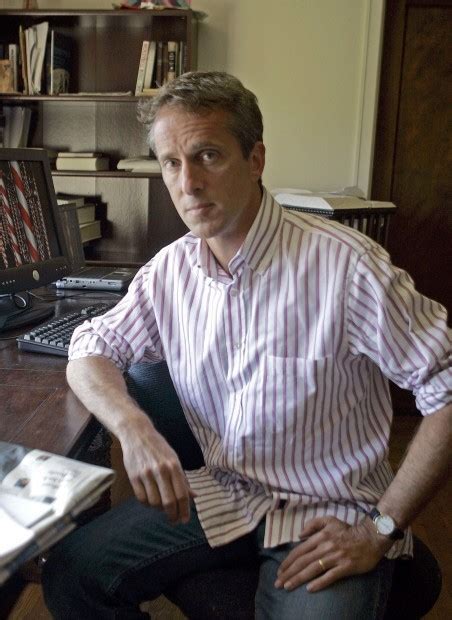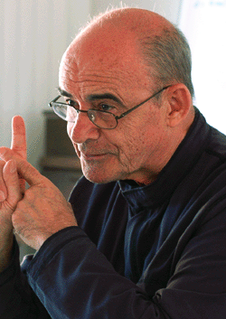A Quote by Arundhati Roy
India has millions of internally displaced people. And now, they are putting their bodies on the line and fighting back. They are being killed and imprisoned in their thousands. Theirs is a battle of the imagination, a battle for the redefinition of the meaning of civilisation, of the meaning of happiness, of the meaning of fulfilment.
Related Quotes
In the forests of central India and in many, many rural areas, a huge battle is being waged. Millions of people are being driven off their lands by mining companies, by dams, by infrastructure companies, and a huge battle is being waged. These are not people who have been co-opted into consumer culture, into the western notions of civilisation and progress. They are fighting for their lands and their livelihoods, refusing to be looted so that someone somewhere far away may "progress" at their cost.
As soon as you look at the world through an ideology you are finished. No reality fits an ideology. Life is beyond that. That is why people are always searching for a meaning to life. But life has no meaning; it cannot have meaning because meaning is a formula; meaning is something that makes sense to the mind. Every time you make sense out of reality, you bump into something that destroys the sense you made . Meaning is only found when you go beyond meaning.
But there's the rub. The present can never deliver one thing: meaning. The way of happiness and meaning are not the same. To find happiness, a man need only live in the moment; he need only live for the moment. But if he wants meaning--the meaning of his dreams, his secrets, his life--a man must reinhabit his past, however dark, and live for the future, however uncertain. Thus nature dangles happiness and meaning before us all, insisting only that we choose between them.
let us thank God for having made us this gift of death, so that life is to have meaning; of night, that day is to have meaning; silence, that speech is to have meaning; illness, that health is to have meaning; war, that peace is to have meaning. Let us give thanks to Him for having given us weariness and pain, so that rest and joy are to have meaning. Let us give thanks to him, whose wisdom is infinite.
Contemporary poetry ... tries to transform the sign back into meaning:
its ideal, ultimately, would be to reach not the meaning of words, but the
meaning of things themselves. This is why it clouds the language, increases
as much as it can the abstractness of the concept and the arbitrariness
of the sign and stretches to the limit the link between signifier and signified.
I looked more widely around me, I studied the lives of the masses of humanity, and I saw that, not two or three, or ten, but hundreds, thousands, millions, had so understood the meaning of life that they were able both to live and to die. All these people were well acquainted with the meaning of life and death, quietly labored, endured privation and suffering, lived and died, and saw in all this, not a vain, but a good thing.




































